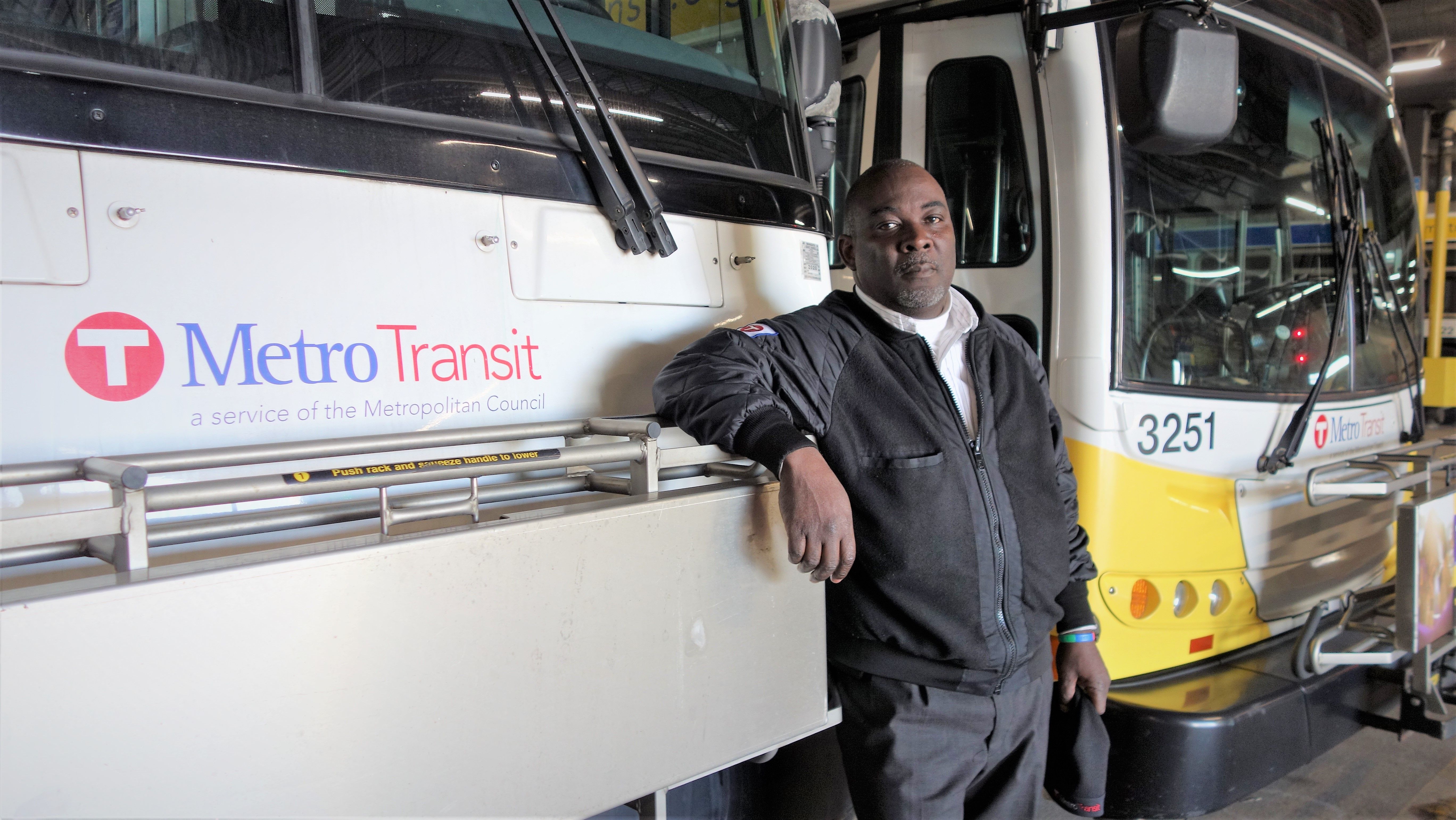
On any given Sunday, Barkon Greaves drives a bus – not for Metro Transit, but for his church.
“I pick up the old people who can’t get there,” Greaves said. “I try to help out as much as I can.”
For someone who walked about 800 miles to flee Liberia to Ghana during the civil war and lost family members in the conflict, the little things can mean a lot – like continuing to help a church community, just like he did in his country of origin’s capital city of Monrovia.
“It’s peaceful here right now,” Greaves said. “Lots of people have no idea what war can bring.”
In 1999, he arrived in New York City to meet his brother. He admits that he even felt a little unsafe there, given the frequent news stories about homicides.
A year later he relocated to Minnesota, after another Liberian friend told him about the state.
“It’s more family-oriented here, so I decided to stay,” Greaves said. “And I started my family.”
For the last 15 years, however, the possibility of deportation loomed. As a resident with temporary protected status, he and others were at risk of having to return when the civil war ended in Liberia.
“Telling my two kids for years that I didn’t know my fate was scary,” Greaves said.
Recently, a law passed allowing Liberians like Greaves to stay permanently, giving his family closure on a question that hung throughout ten years of school bus driving and two years with transit.
Now he looks towards the future, one in which he hopes to become a light rail operator. “It feels like such a relief,” Greaves said.
Regardless of what direction his career takes as a permanent resident, he’ll still been seen driving a bus every Sunday.
Operator at a Glance
- Name: Barkon Greaves
- Garage: Heywood
- Country of Origin: Monrovia, Liberia
- Family: Two teenage children
- Lives: Coon Rapids
- Hobbies: Volunteering at my church.
- Best Advice: People on your bus are a valued commodity and need to be treated as such.